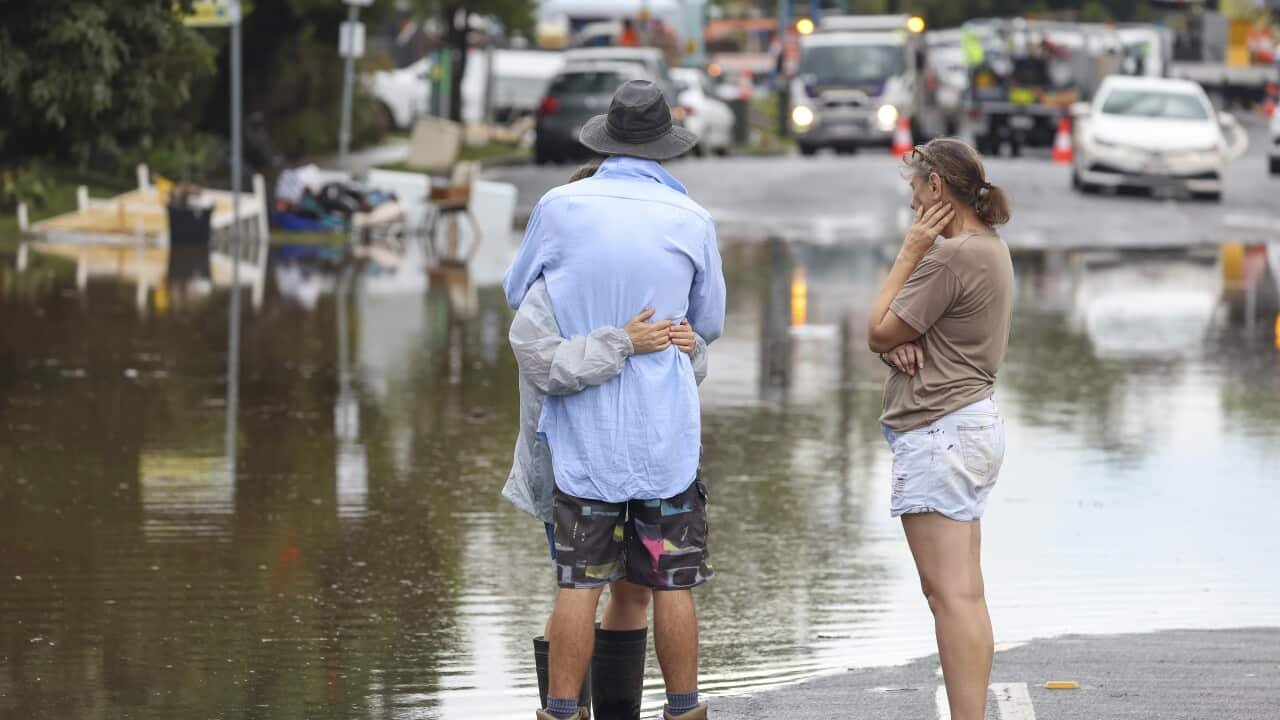Humanity is suffering from a "broken perception of risk", spurring us into activities and behaviours that cause climate change and a surging number of disasters around the globe, the United Nations warned on Tuesday.
The UN Office for Disaster Risk Reduction (UNDRR) found in a new report that between 350 and 500 medium to large-scale disasters took place globally every year over the past two decades.
That is five times more than the average during the three preceding decades, it said.
And amid the changing climate, disastrous events brought on by drought, extreme temperatures and devastating flooding are expected to occur even more frequently in the future.
The report estimated that by 2030, we will be experiencing 560 disasters around the world every year — or 1.5 disasters every day on average.
UNDRR said in a statement that the sharp rise in disasters globally could be attributed to a "broken perception of risk based on optimism, underestimation and invincibility".
This, it said, had led to policy, finance and development decisions that exacerbate vulnerabilities and put people in danger.
Ignoring the towering risks we face "is setting humanity on a spiral of self-destruction," UN Deputy Secretary-General Amina J. Mohammed warned in the statement.
Ignoring risks has come at a high price, with disasters around the world costing roughly $235 billion each year over the past decade, the report found.
But most of that is incurred in lower-income countries, which on average lose one per cent of their national GDP to disasters each year, compared to just 0.1 to 0.2 per cent in wealthier nations.
The Asia and Pacific regions suffer the greatest economic losses, the report found.
And as the number of disasters increase, the costs will as well.
The report estimated that 37.6 million more people will be living in conditions of extreme poverty by 2030 due to the impacts of climate change and disasters.
Most disaster-related losses are meanwhile not covered by insurers.
Since 1980, only about 40 per cent have been covered globally, but in developing countries less than 10 per cent of such losses had insurance coverage.
"Disasters can be prevented, but only if countries invest the time and resources to understand and reduce their risks," UNDRR chief Mami Mizutori stressed in the statement.
She warned "by deliberately ignoring risk and failing to integrate it in decision-making, the world is effectively bankrolling its own destruction".


